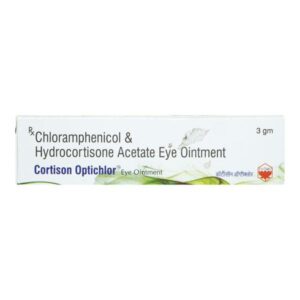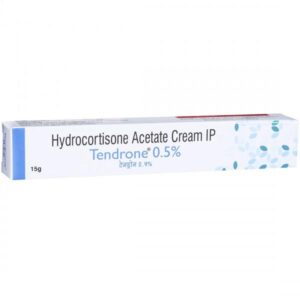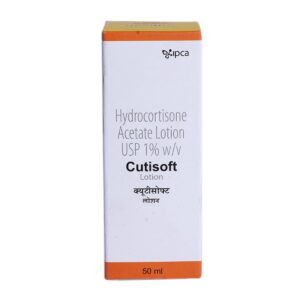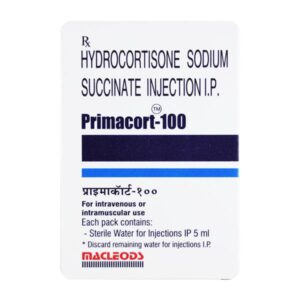HYDROCORTISONE
HYDROCORTISONE: Hydrocortisone is a synthetic corticosteroid drug that is used to treat a variety of medical conditions. It belongs to the glucocorticoid class of medications and works by reducing inflammation and suppressing the immune system.
This drug is commonly prescribed to relieve symptoms of inflammation, such as itching, redness, and swelling, in conditions like eczema, dermatitis, and allergic reactions. It can also be used to treat conditions like asthma, arthritis, adrenal insufficiency, and certain blood disorders.
Hydrocortisone has a multiple mechanisms of action. It works by binding to glucocorticoid receptors, which are present on certain cells throughout the body. This binding initiates a series of reactions that ultimately help decrease inflammation and suppress the immune system. It also has an impact on the metabolism of carbohydrates, proteins, and fats in the body.
The dose of hydrocortisone depends on the condition being treated, the severity of the condition, and the individual patient’s response. It comes in various formulations, including creams, ointments, lotions, and oral tablets. The dose and frequency will be determined by the healthcare provider and should be followed as prescribed.
While hydrocortisone can be effective in treating various conditions, it is not without side effects. Common side effects may include skin irritation, dryness, or redness at the site of application for topical formulations. For oral use, side effects can include increased appetite, weight gain, insomnia, mood changes, increased blood pressure, and fluid retention.
Long-term or high-dose use of hydrocortisone can increase the risk of more serious side effects, such as adrenal suppression, osteoporosis, muscle weakness, impaired wound healing, and increased susceptibility to infections.
It is important to follow the recommended dosage and duration of treatment as directed by the healthcare provider and to report any concerning side effects. If a patient is taking hydrocortisone long-term, it is crucial to gradually taper off the drug under medical supervision to avoid adrenal insufficiency.




